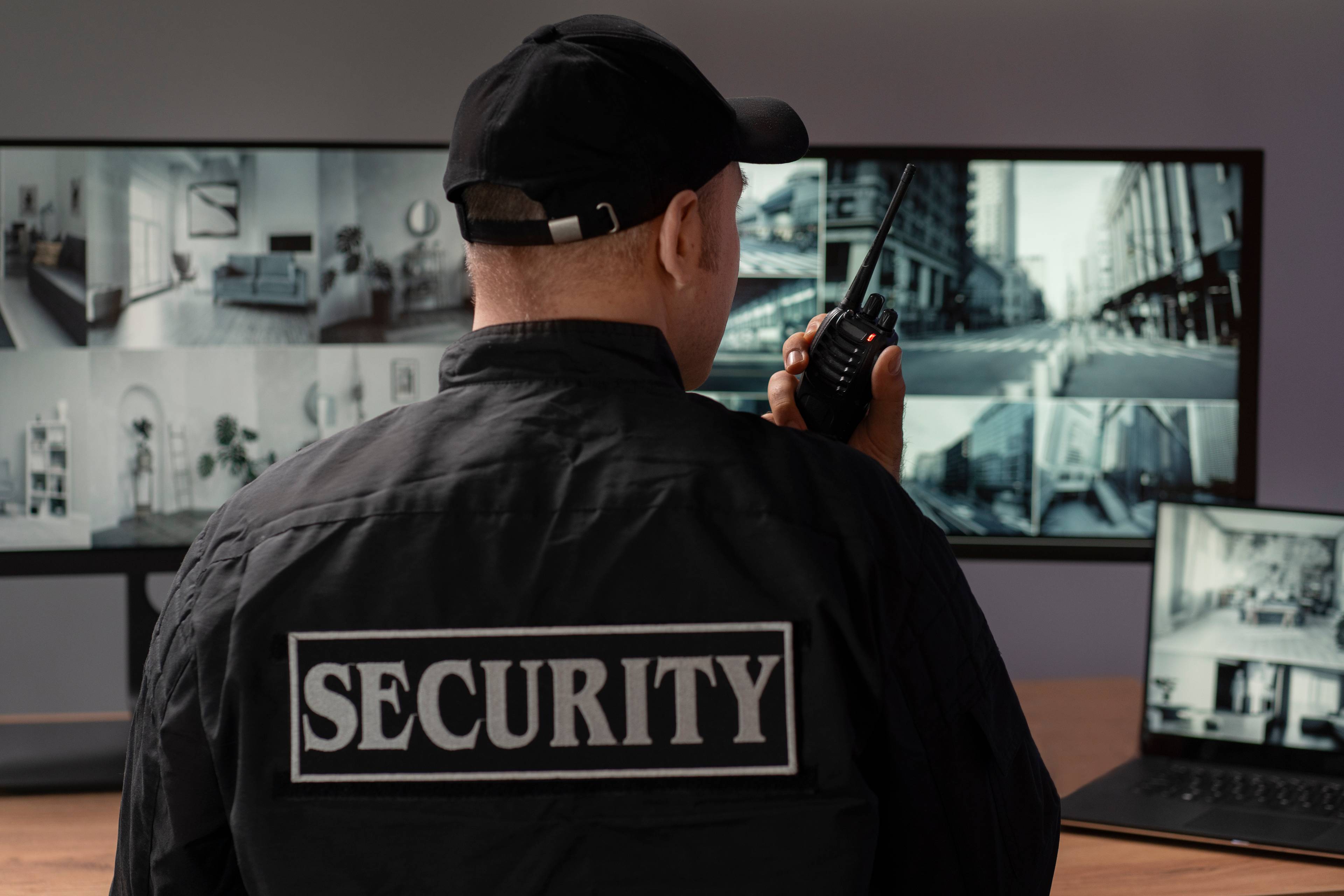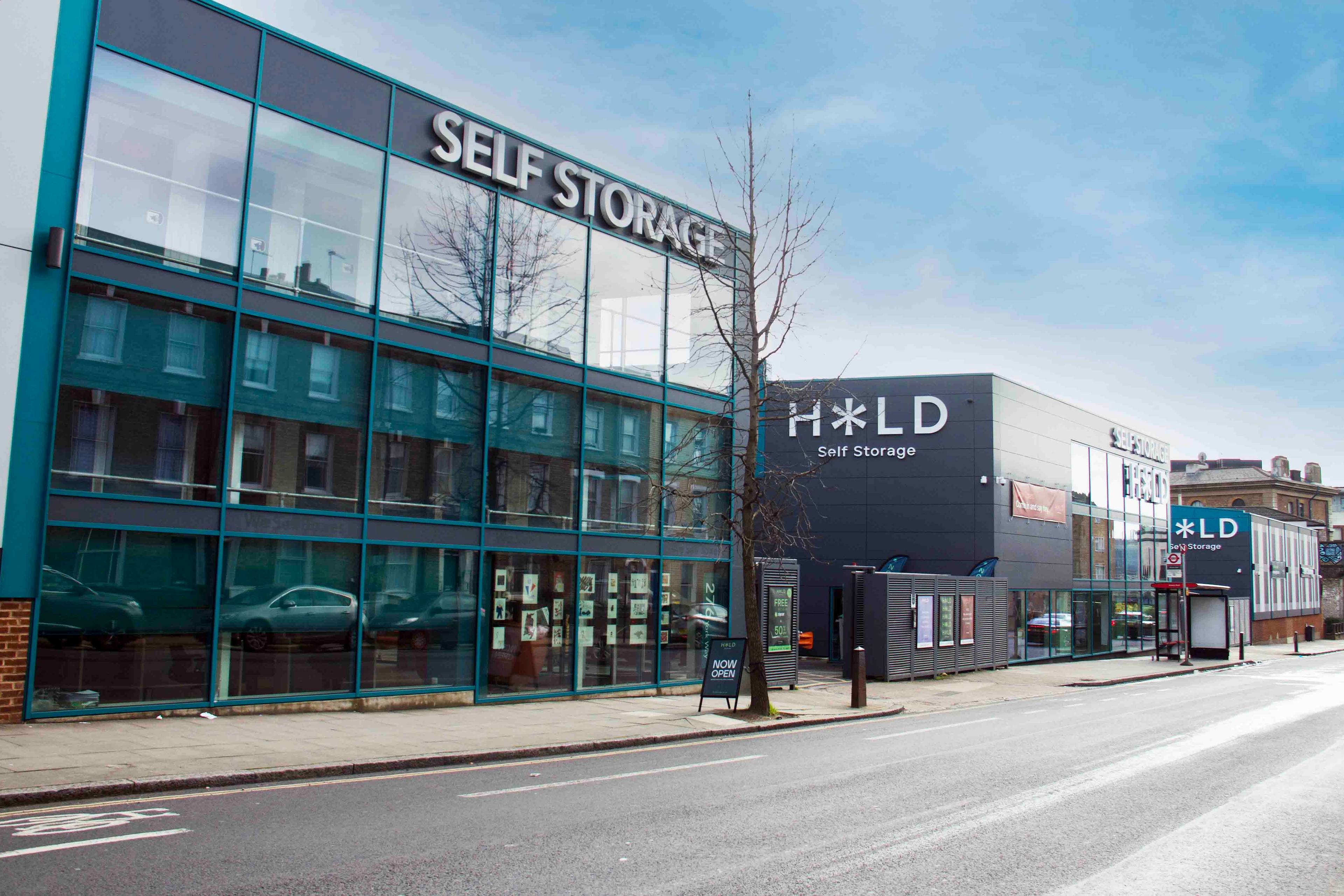━━━━━━━━━━━━━━━━━━━━━━━━━━━━━━━━━━━━━
Key takeaways
Most storage units are rented at your own risk; liability only applies if negligence is proven
Insurance is essential and usually required, covering theft, fire, and water damage
Use high-security locks, keep an inventory, and check your unit regularly
Choose a facility with strong security, on-site staff, and positive customer reviews
If a break-in occurs, report it, file a police report, and contact your insurer promptly
━━━━━━━━━━━━━━━━━━━━━━━━━━━━━━━━━━━━━
Renting a storage unit should offer peace of mind. You're paying for a secure space, so it’s natural to expect your belongings will be safe. But if your unit is broken into, who is responsible for the loss: you or the storage company?
In most cases, liability comes down to your rental agreement. Most contracts state that goods are stored at the owner's risk, meaning you're usually responsible unless the facility has been clearly negligent, such as failing to maintain locks or security systems.
That’s why insurance is essential. At HOLD, we require all customers to be covered and offer tailored insurance options alongside 24-hour surveillance, and secure PIN-code access.
In this guide, we’ll explain how liability works, what your storage agreement really covers, and how to protect your stored items with the right security measures and insurance.
Table of Contents
Who is responsible if your storage unit is broken into?
Why insurance is essential
How to protect your stored belongings
What do I do if a break-in occurs?
Choosing a secure storage facility
Who is responsible if a storage unit gets broken into?
When you store your belongings in a storage facility, responsibility for those items usually rests with you. Most contracts include a clause stating that goods are stored at the owner's risk.
This means the facility is not liable for theft or damage unless it can be shown that they were negligent, such as failing to maintain locks or security systems.
If a facility overlooks basic security measures like broken gates or faulty locks, it may be held accountable for resulting losses. Always review your rental agreement carefully so you understand what the storage company is responsible for and what falls under your own obligations.
Why storage unit insurance is essential
Even with strong security, storage units are still vulnerable to risks like theft, fire, or water damage. That’s why insurance is vital. Most facilities require customers to insure their stored goods, providing a financial safety net if something goes wrong.
Review your insurance policy and storage contract carefully so you understand what is and isn’t covered. High-value items like jewellery or antiques may need extra protection. If the value of your stored items changes, be sure to update your policy.
Many storage providers offer in-house insurance, but you can often choose a third-party option if it better suits your needs.
Having the right cover means you’re protected against unexpected events, whether or not the facility is found responsible. It’s peace of mind worth having.
4 Tips for safeguarding stored items
While insurance provides a safety net, taking proactive steps can further protect your items:
Keep your unit locked: Opt for highly secure locks like disc or cylinder locks, which are harder to tamper with than standard padlocks.
Avoid Storing Valuables: If possible, refrain from storing irreplaceable or highly valuable items in storage units.
Regularly inspect your unit: Periodically check your storage unit to ensure everything remains intact and to spot any potential issues.
Keep an inventory: Maintain a detailed list of stored items, including photos and serial numbers. This aids in insurance claims if necessary.
How to choose a reputable storage facility

How safe your belongings will be heavily depends on the storage facility you choose. Consider the following when making your selection:
Ensure the facility has robust security features like surveillance cameras, gated access, and adequate lighting.
A well-maintained facility indicates attentive management, reducing risks like pest infestations or structural issues.
Facilities with on-site staff can deter potential thieves and address issues promptly.
Research feedback from current or previous customers to gauge their experiences regarding safety and service quality.
HOLD self storage ticks all these boxes and more.
By combining these precautions with a clear understanding of your responsibilities and rights, you can ensure your belongings stay safe.
What do I do if a break-in occurs?
If you discover that your storage unit has been broken into, act quickly:
Notify the storage facility: Immediately inform the storage company about the break-in. They should document the incident and check their systems for any breaches.
Contact the police: File a police report as soon as possible. This report will be essential when filing an insurance claim.
File an insurance claim: Contact your insurance provider to report the theft. Provide them with your inventory list and any other required documentation to process your claim efficiently.
Review and reinforce: After addressing the immediate situation, consider whether additional measures, such as upgrading your lock or moving to a more secure facility, are necessary.
HOLD: Advanced security, modern self storage

When it comes to storage, security matters. At HOLD Self Storage, we take protection seriously. Along with premier business solutions and free 24/7 access, we provide 24-hour CCTV, PIN-code access, and climate-secure units at our London facilities.
We also offer flexible insurance options and expert support to help you store with confidence.
Get a free quote, price match within 3 miles, and 50% off for new customers.
Frequently Asked Questions
Can police check storage units?
Yes, but police typically need a warrant to search a storage unit unless they have the storage owner's consent or there are exigent circumstances. The storage company may allow access if there’s a legal requirement.
What happens if I don't pay my storage unit in the UK?
If you don’t pay, the storage company can deny you access to your unit and eventually auction your belongings to recover the unpaid rent. You’ll be notified before any auction occurs.
How do I protect my storage unit from theft?
Use high-quality locks (like disc or cylinder locks), avoid storing valuables, regularly check your unit, and consider choosing a facility with strong security measures like surveillance and on-site staff.
Is it legal to live in a storage unit in the UK?
No, it is illegal to live in a storage unit in the UK. Storage units are not designed for residential use and living in one violates health and safety regulations.
What security measures does HOLD have for storage units?
HOLD has advanced security measures that protect for our customers' business assets. These include:
24-hour CCTV
Burglar alarms
Regular checks
Personal pin codes
Individually alarmed units
Fire detection systems
These features not only provide peace of mind, but also protect your business assets from potential threats.
Are trolleys or forklifts available at HOLD?
Yes, the use of trolleys is complimentary for all customers. We do not have any forklifts at the store.
When can I access my HOLD storage unit?
You can access your storage unit at any time. But due to new security measures, you will need prior approval to access your unit outside reception hours.
To access your unit when reception is closed, simply input your unique PIN code into the keypad at the main gate, proceed to drive in, and then enter your code again to gain entry through the sliding doors or lift into the store.

